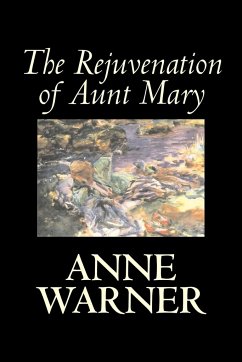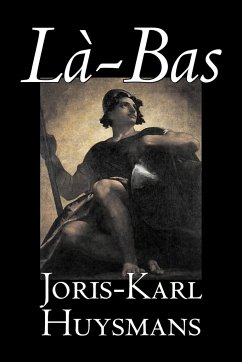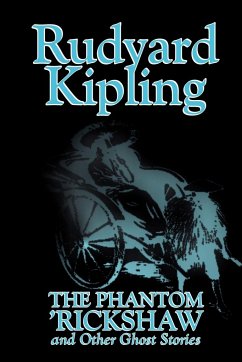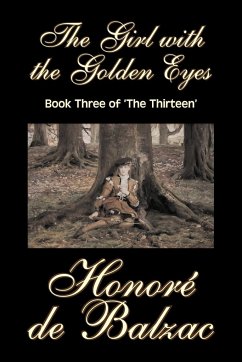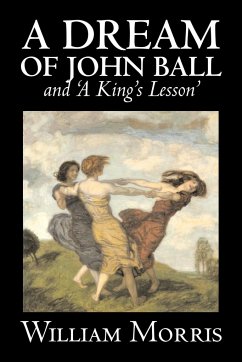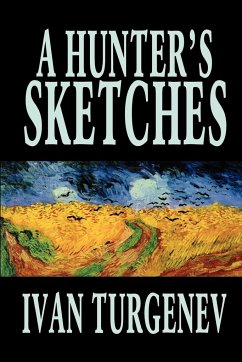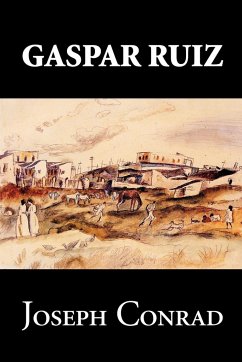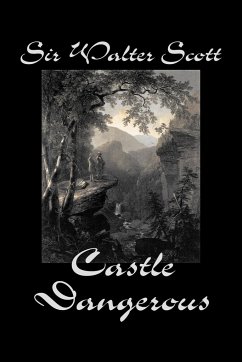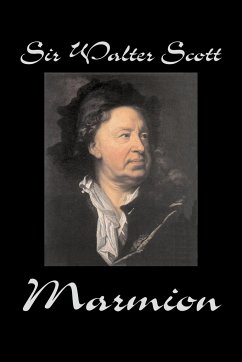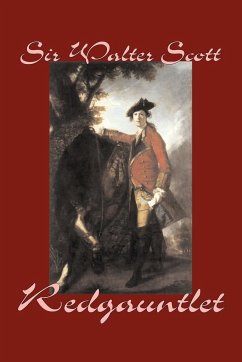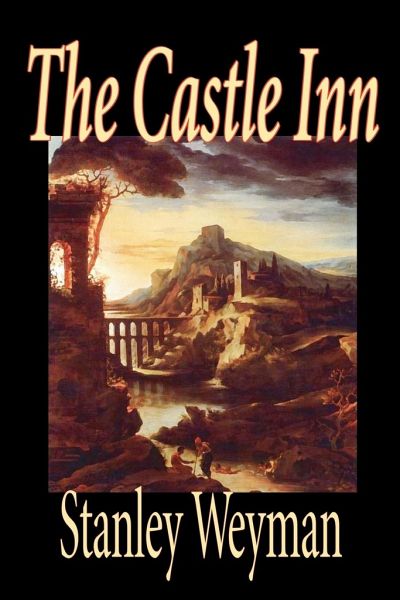
The Castle Inn by Stanley Weyman, Fiction, Classics, Literary, Historical
Versandkostenfrei!
Versandfertig in 1-2 Wochen
17,99 €
inkl. MwSt.

PAYBACK Punkte
9 °P sammeln!
About a hundred and thirty years ago, when the third George, whom our grandfathers knew in his blind dotage, was a young and sturdy bridegroom; when old Q., whom 1810 found peering from his balcony in Piccadilly, deaf, toothless, and a skeleton, was that gay and lively spark, the Earl of March; when bore and boreish were words of haut ton, unknown to the vulgar, and the price of a borough was 5,000l.; when gibbets still served for sign-posts, and railways were not and highwaymen were -- to be more exact, in the early spring of the year 1767, a traveling chariot-and-four drew up about five in t...
About a hundred and thirty years ago, when the third George, whom our grandfathers knew in his blind dotage, was a young and sturdy bridegroom; when old Q., whom 1810 found peering from his balcony in Piccadilly, deaf, toothless, and a skeleton, was that gay and lively spark, the Earl of March; when bore and boreish were words of haut ton, unknown to the vulgar, and the price of a borough was 5,000l.; when gibbets still served for sign-posts, and railways were not and highwaymen were -- to be more exact, in the early spring of the year 1767, a traveling chariot-and-four drew up about five in the evening before the inn at Wheatley Bridge, a short stage from Oxford on the Oxford road. A gig and a couple of post-chaises, attended by the customary group of stablemen, topers, and gossips already stood before the house, but these were quickly deserted in favor of the more important equipage. The drawers in their aprons trooped out, but the landlord, foreseeing a rich harvest, was first at the door of the carriage and opened it with a bow such as is rarely seen in these days. "Will your lordship please to alight?" he said. "No, rascal!" cried one of those within. "Shut the door!"





